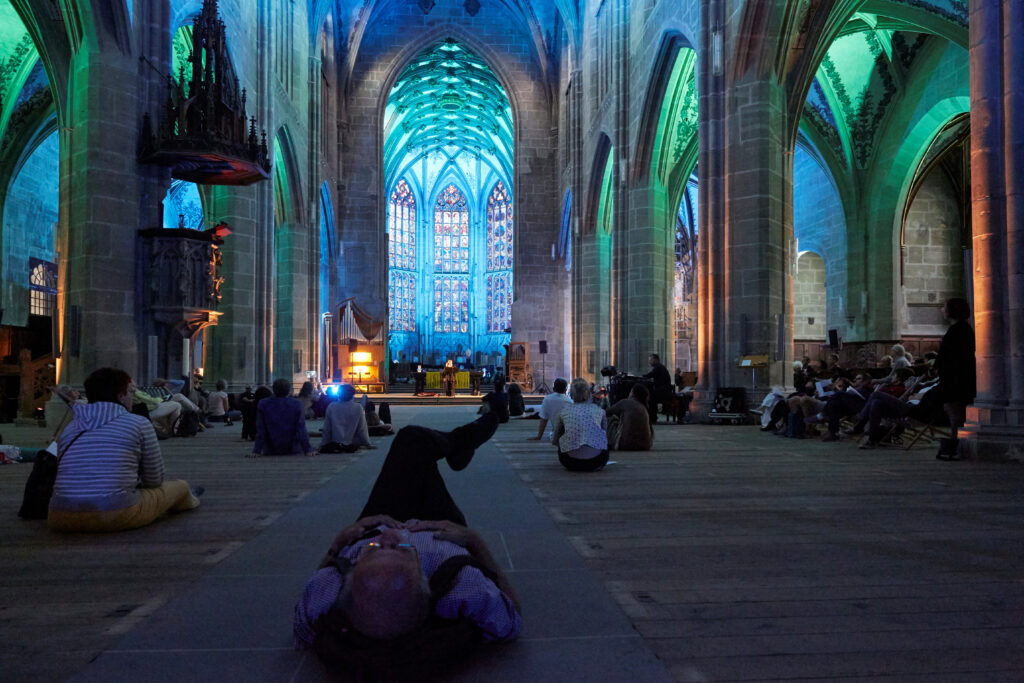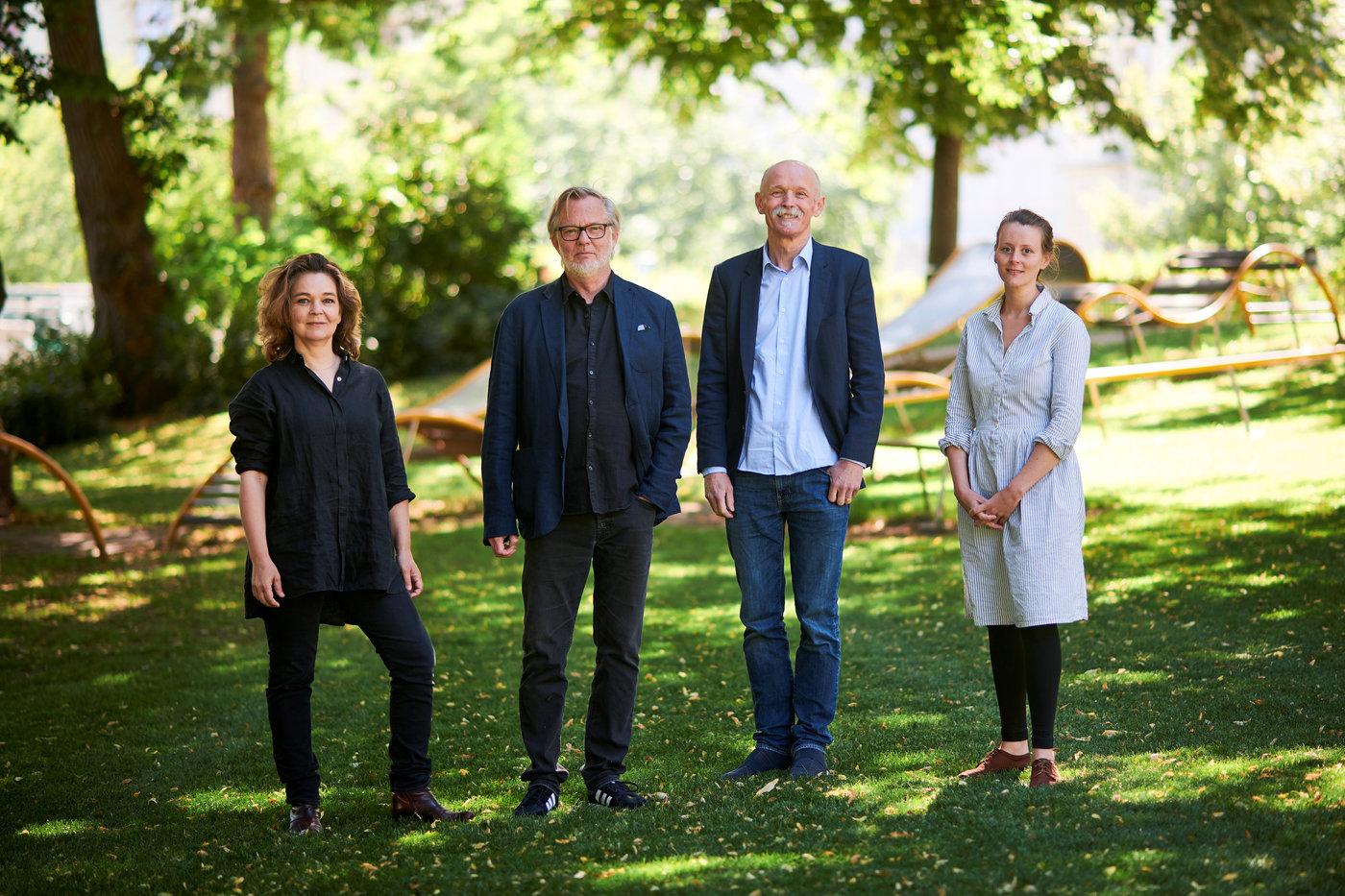Bern Music Festival: Roots
By bringing together local forces and placing them in an international context, the Bern Music Festival has developed its unmistakable character over the last ten years. This September, it explores our roots and offers a multifaceted program.

The mathematical root sign is the theme of this year's Bern Music Festival program. Some people will initially think of mathematical operations, but at the same time imaginary (numerical) spaces and further questions and associations open up behind it. Where do our origins lie, how deep do our roots go: biologically, culturally, musically, biographically? How do we deal with this? Especially today?
The themes that the Bern Music Festival adopts every year are ambiguous and leave a wide range of meanings open. Previous years have been entitled "Irrlicht", "Schwärme" or "unvermittelt". Musicians from the city and canton of Bern are invited to submit their project proposals. The four-member board of trustees, which is responsible for the artistic direction of the festival, selects several concepts, supplements them with its own ideas and uses them to create a program. The scope ranges from concerts with improvised and composed music and music theater to installations, performances, films and discussion events. Communication plays an important role in this.
Root year 2023
Each project takes up the theme in its own way: In the root year 2023, for example, there is the ensemble Mycelium, which already has the mushroom in its name and has already enriched previous festival years in an unmistakable way. The root serves it "as a metaphor for our current rootedness in the (real and virtual) world, we use it as (edible) matter (root vegetables), we eavesdrop on its connections and connections in the communication network of plant ecosystems and we use it as a mathematical component in experimental sound processing".
The vocal ensemble SoloVoices explores the origin of species and therefore also of mankind in L'origine des espèces of the Greco-French composer Georges Aperghis, who was a long-time lecturer at the Bern University of the Arts and played a key role in shaping théâtre musical in Switzerland. Other concerts explore "Back to Bach" or local roots, such as the artist Meret Oppenheim, who once discovered her rebellious side at school here.
Numerous important Swiss composers come from Bern and once studied here with Sándor Veress, including Heinz Holliger, Jürg Wyttenbach and Roland Moser. His Brentano fantasies are the focus of the "Roots in Bern" concert. Moser has also been commissioned by the festival to set a text by Mani Matter to music. Half a century after his death, the chansonnier from the Swiss capital, who died young, is still a shining light on the local cultural scene.
Several epochs
Another important figure on the Bernese scene will be featured in the Arditti Quartet's concert: Daniel Glaus, composer and, until a year ago, cathedral organist. He will be performing a new string quartet. World premieres are therefore an essential part of the Bern Music Festival. However, it is not just a festival for new music, but always brings several epochs into play. For example, Mahler's Song of the earthin the chamber orchestral version by Reinbert de Leeuw. Peter Rundel conducts a collective ensemble.
The Bern Music Festival is thus strongly rooted locally and regionally, but at the same time seeks international comparison and charisma beyond the narrower area. To this end, the French composer Éliane Radigue was chosen as the composer in focus: Her unique, reduced music, which reaches to the fundamentals of sound, will be heard in four concerts at the festival. The Belgian vocal ensemble Graindelavoix, which has found radically revolutionary approaches to the music of the late Middle Ages and the Renaissance, is a guest ensemble in residence in Bern.
Music and science
The Bern Music Festival thus attempts a balancing act: the direct experience of sound and the communication of extremes. Communication with the audience plays a decisive role in this. A series in which music and science meet can also be seen in this context: Aspects of the festival theme - this year, for example, the Woodwideweb or birth - will be picked out and discussed. A short scientific presentation is artistically complemented by a new piece or performance; both sides then enter into conversation with each other. This always leads to a stimulating exchange of experiences.
The Bern Music Festival " √ " takes place this year from September 6 to 10. Tickets and info: musicfestivalbern.ch








